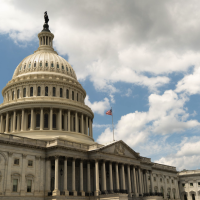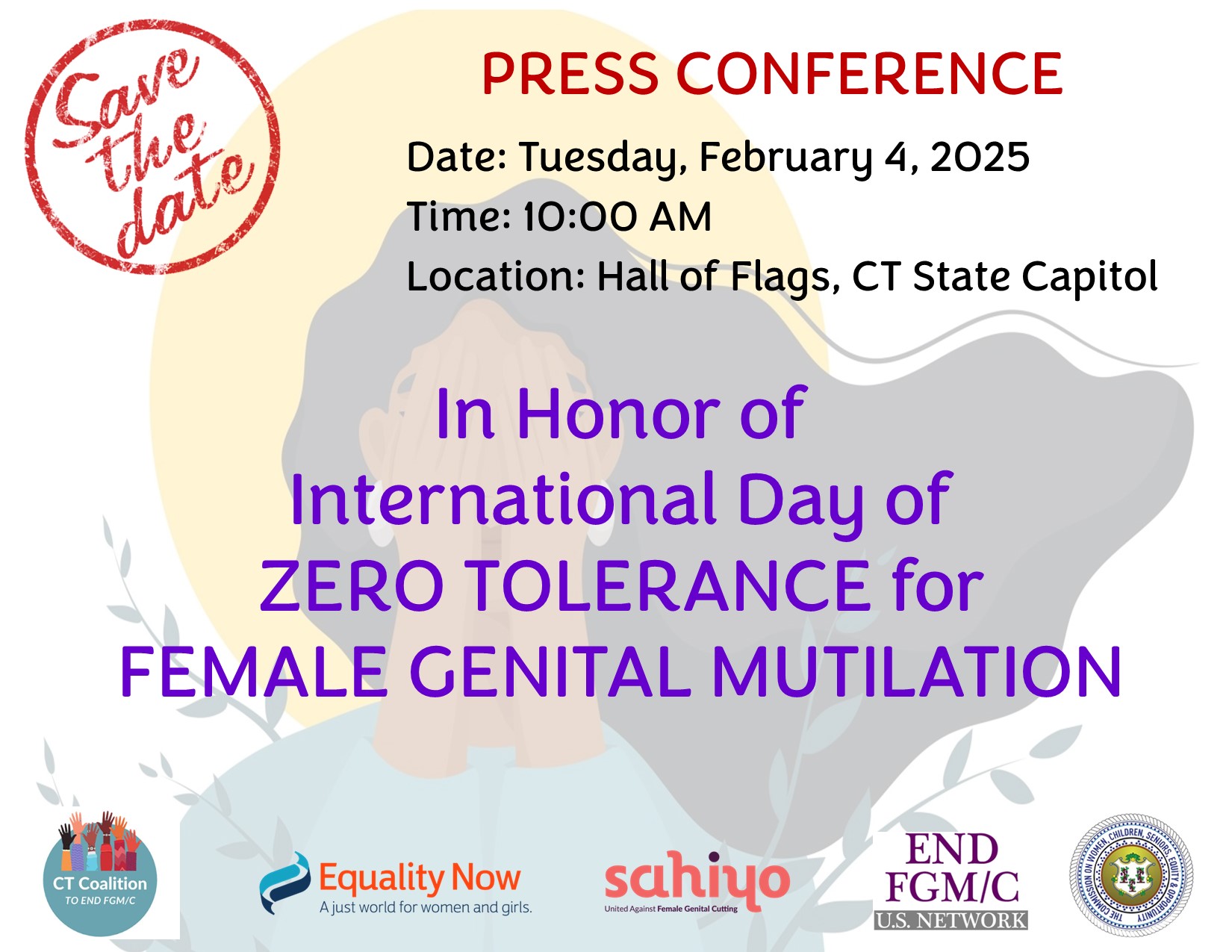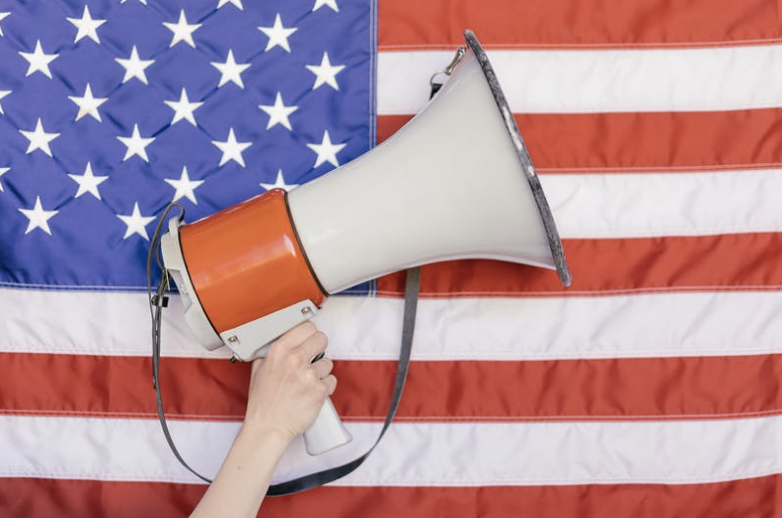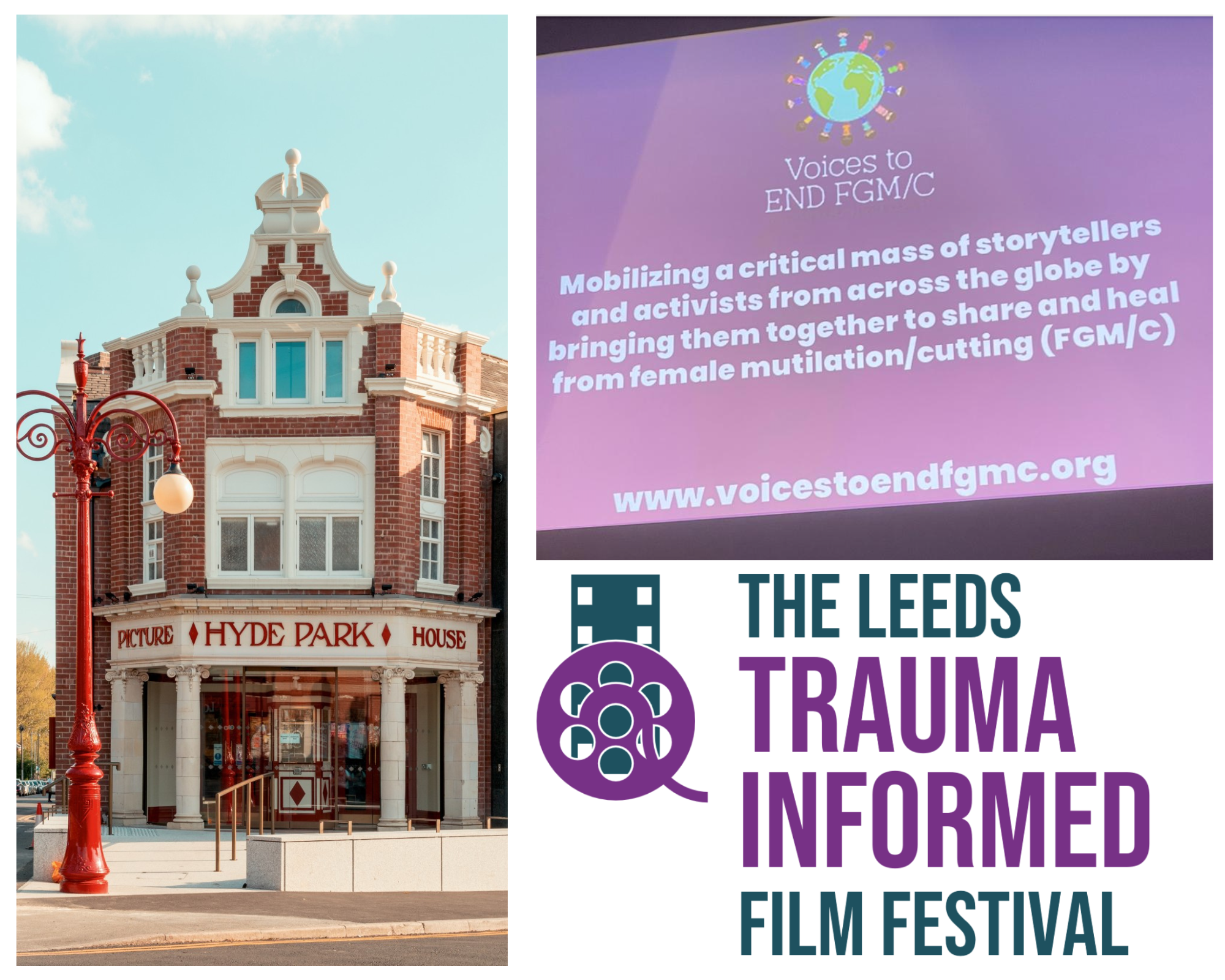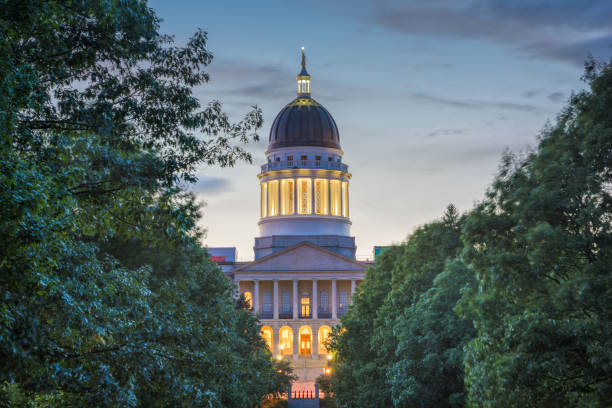Recently Sahiyo’s Editorial Assistant Megan Seaver sat down with 2022 Voices to End FGM/C Alum Ibtisam to discuss the screening of her Voices digital story at the 2024 Trauma-Informed Film Festival, Leeds, UK.
Voices to End FGM/C is a collabortive project between Sahiyo and Silence Speaks mobilizing a critical mass of storytellers and activists from across the globe by bringing people together to share and heal from their experiences of female genital mutilation/cutting (FGM/C), connect and grow as leaders in their communities, and create short videos calling for an end to this harmful practice. Below Ibtisam speaks about her experience at the screening, and how sharing her story has opened her up to new forms of activism and change.
1. Why did you feel compelled to submit your digital story to this film festival?
I felt my piece was a perfect match with the festival's theme because it is about a trauma that I went through. But most importantly, I wanted to submit my video to this festival because FGM/C is just something that’s not on people’s radar. There’s very little awareness, and so I wanted to shine a light on the issue by submitting my film.
2. How was your experience at the screening and what was it like sharing your story in that format?
It felt really surreal. I’m a big film buff, so to see my own film to be projected in the cinema hall – I just don’t have words for it. Also, to see what I had shot on my little iPhone in the Ingleborough caves – to be put up on a huge screen with all the other films – was amazing.
To be sitting in the audience with no one else knowing that it was my film up there, but I could hear people's response, like the gasps, It felt larger than life. It also brought back memories of when I made the film. I felt that I had gotten some distance from it over the years. Suddenly, it felt up close and big, reminding me of the impact that the experience had on me. Seeing it in the big dark cinema hall made the impact of the film even greater for me.
3. What was the reaction to your story at the screening?
Well, I didn’t know anyone in the audience, I don’t have a specific memory of people's reactions. What I do remember is that after everyone's films were shown, they called us up on stage and I remember I did not want to go up as I was quite shy. But there was another participant, a transgender man who had shared his film, who was very confident and he said, “What, I am going up alone? No one is with me?” and immediately after he said that I thought to myself, “Ok, I’m just going to do it. I’m going up there.” And then all of us followed him up onto the stage together!
All of us standing up there, it made me feel like we were healing our trauma collectively. That it does not have to be one person's voice, but many who stand together against trauma.
4. How was the process of submitting your digital story to this festival? Would you recommend it to other Voices alumni?
I think if people are comfortable with it, and if the opportunity comes, trust your gut and take it. I think I did a bit of both, I didn’t overthink it, but at the same time I was mindful of what I was getting myself into. I was also showing my film in a setting that spoke about trauma and the audience understood that. We were in a curated safe place, so I would just say to anyone wanting to do this —just make sure you're sharing in a safe space.
Sharing my story at the film festival gave me the courage to speak out about FGM/C more in my life. I always say that courage needs encouragement. In order to be open about this, we need support.
5. What do you hope people learn from your story?
First of all, I hope my story provides more awareness around FGM/C, because for most people it’s not even known. Also, my story will be included in the film festivals program at other screenings, so it’s going to reach even more people hopefully and it will take on its own life and journey.
When I made this short film two and half years ago, I never would have thought that something like this would happen. The whole process of creating this film was amazing as well. In a lot of ways, I feel that the caves called to me and that I was meant to include them in my story. I just can’t believe the ways in which this story has come to life. When I was first submitting this project, I was asked whether or not I wanted to include my name, and I decided that I was ready for that – I was ready to own my story.
6. Is there anything else you would like to add?
I just wanted to say that all of this is a part of the journey. In any movement you may feel that there are times when you have “done your bit”, and then you take a backseat, but there will come a time when something else pushes you to be more involved. I also want to congratulate the founders of Sahiyo, as they continue to do this work and the advocates and activists, who are doing this work in different ways.
I also want to highlight how this experience has changed my perspective on my story. Before submitting it to the film festival I had a lot of time away from the video. I hadn’t watched it since the release, so seeing the film again made me realize that for myself, some parts of me had been healed, others had been revealed, and some parts of me got exposed. It made me see that trauma has almost this beauty to it, because understanding your trauma can, in a way, help you to better understand yourself. I don’t wish trauma on anyone, but if you have trauma you need to understand it in order to know who you are. I didn’t become a therapist because of FGM/C. I became a therapist because I wanted to give others the space and safety that was denied to me. For me, it’s about the shame around traumas. We know that for shame to exist there has to be three parts: secrecy, silence, and self-criticism. We can’t solve all three at once. I may have conquered the silence, but I’m still dealing with the secrecy and the self-criticism.
I want people to know that FGM/C is just one aspect of the larger, collective trauma of gender-based violence we're talking about in the world, and that is what I would lend my voice to. Sharing my story and my voice is about something so much bigger than just me.

